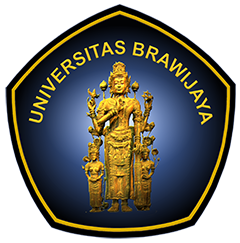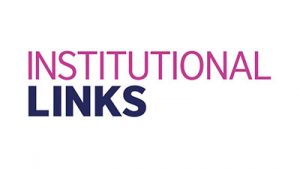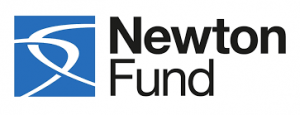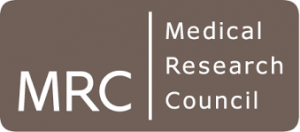UKRI Policy Workshop and Research Dissemination
In 2020, PB Centre had successfully obtained a grant from the UK Government in the UKRI GCRF/Newton Fund Agile Response call to address COVID-19 for research entitled Socio-economic and Health Impact of Covid-19 on International Female Migrants and Their Left-Behind Families in Indonesia. This research departs from the phenomenon of Indonesian Migrant Workers (PMI) who are partly women, leaving for several destination countries such as Singapore, Taiwan, Hong Kong, Malaysia, Saudi Arabia, and others. As International Migrant Workers they work as domestic assistants or low-skilled jobs, not as professional workers. With the Covid-19 pandemic, there has been no specific study of Indonesian migrant female workers for their access and impact on health care, food, economic situation including redundancies, salary cuts, delayed salaries, the ability to return home, and the impact on the welfare of abandoned families. These gaps must be addressed immediately to avoid potential health, economic and welfare disasters.
The purpose of this meeting is to discuss the development of research results and draft policy recommendations related to the social, economic and health impacts of Covid-19 on Indonesian migrant workers and abandoned families, which are currently being implemented by the Research Team.
The specific objectives of this meeting are:
- To analyze findings related to the impact of COVID-19 on female migrant workers and families left behind in Indonesia.
- To analyze in depth the advantages and disadvantages of research conducted and jointly conduct mitigation to reduce the risks that arise in the research process.
- To analyze the draft policy formulation in accordance with the findings of research related to the problem of female migrants and left-behind families in Indonesia.
- To be involved in the process of preparing policy making, preparing and delivering rapid response policy documents to the Government of Indonesia on the issue of international female migrants.
- Work together to generate public interest in these policy recommendations; and work with policymakers to include and implement rapid response policy processes and program recommendations.
This meeting was attended by:
- Ministry of Women Empowerment and Child Protection (KPPPA) Republic of Indonesia, Deputy for Protection of Women’s Rights
- Ministry of Foreign Affairs, Directorate of Protection of Indonesian Citizens and Indonesian Legal Entities
- Ministry of Manpower (Mr. Anwar Sanusi, PhD)
- Ministry of Manpower (Mrs. Eva)
- Labor Attaché of Indonesian Embassy – Malaysia
- Labor Attaché of Indonesian Embassy – Qatar
- Labor Attaché of Consulate General of Republic Indonesia – Jeddah
- Labor Attaché of Indonesian Embassy – Abu Dhabi
- Head of Manpower Division – KDEI Taipei
- Regional Development Planning Agency (Bappeda) Malang Regency
- Labor Department – Malang Regency
- Women Empowerment and Child Protection Department (DP3A) – Malang Regency
- Health Department – Malang Regency
- Social Services Department – Malang Regency
- Cooperative Department – Malang Regency
- Migrant Care
- Indonesian Migrant Workers Protection Agency (BP2MI) of the Republic of Indonesia
- UPT BP2MI – Malang Regency
- Brawijaya University Researcher (Faishal Aminuddin, PhD, Sujarwoto, PhD, Prof.Dr.KeppiSukesi, MS)
- University of Portsmouth researcher (Prof. Saseendran Pallikadavath,PhD., Henny Rosalinda, SIP. MA
The meeting was held on the 1st week of April 2021 on the following days:
Friday, March 9, 2021, at 19.00 – 20.30 WIB.
The meeting mechanism is organized online by using the Zoom Meeting application.
Technical Team :
Rozaila Farcha | rozailaaaaf@gmail.com | +6285604008307
Mayland Isya AY. | maylandisya15@gmail.com | +6285280814334
Rany Purnama Hadi | ranyphadi@gmail.com | +6281332659413
The arrangement of events in the meeting is as follows:
- Opening by Research Team from University of Brawijaya (10 minutes)
- Presentation of research results and policy recommendations (45 minutes)
- Discussion and follow-up by workshop participants (30 minutes)
- Conclusion/Closing (5 minutes)









